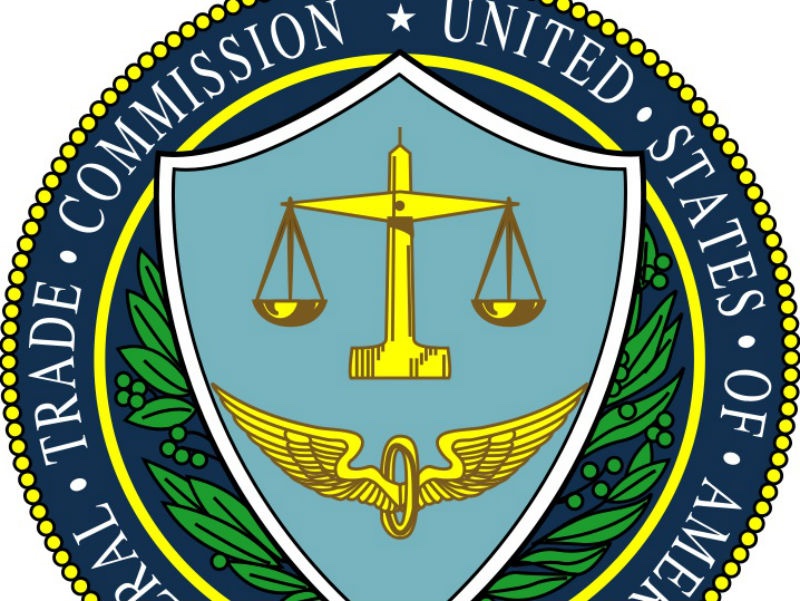The Federal Trade Commission has filed a complaint in federal district court charging Qualcomm Inc. with using anticompetitive tactics to maintain its monopoly in the supply of a key semiconductor device used in cell phones and other consumer products.
Qualcomm is the world’s dominant supplier of baseband processors – devices that manage cellular communications in mobile products. The FTC alleges that Qualcomm has used its dominant position as a supplier of certain baseband processors to impose “onerous and anticompetitive supply and licensing terms on cell phone manufacturers and to weaken competitors.” The FTC says the company “extracted exclusivity from Apple in exchange for reduced patent royalties.” Qualcomm is accused for precluding Apple from sourcing baseband processors from Qualcomm’s competitors from 2011 to 2016. Qualcomm recognized that any competitor that won Apple’s business would become stronger, and used exclusivity to prevent Apple from working with and improving the effectiveness of Qualcomm’s competitors, according to the FTC.

The federal agency has also charged Qualcomm with violating the FTC Act. The complaint alleges that Qualcomm:
Maintains a “no license, no chips” policy under which it will supply its baseband processors only on the condition that cell phone manufacturers agree to Qualcomm’s preferred license terms. The FTC alleges that this tactic forces cell phone manufacturers to pay elevated royalties to Qualcomm on products that use a competitor’s baseband processors. According to the Commission’s complaint, this is an anticompetitive tax on the use of rivals’ processors. “No license, no chips” is a condition that other suppliers of semiconductor devices do not impose. The risk of losing access to Qualcomm baseband processors is too great for a cell phone manufacturer to bear because it would preclude the manufacturer from selling phones for use on important cellular networks.
Refuses to license standard-essential patents to competitors. Despite its commitment to license standard-essential patents on FRAND terms, Qualcomm has consistently refused to license those patents to competing suppliers of baseband processors.
The FTC is seeking a court order to undo and prevent Qualcomm’s unfair methods of competition in violation of the FTC Act. The FTC has asked the court to order Qualcomm to cease its anticompetitive conduct and take actions to restore competitive conditions.

